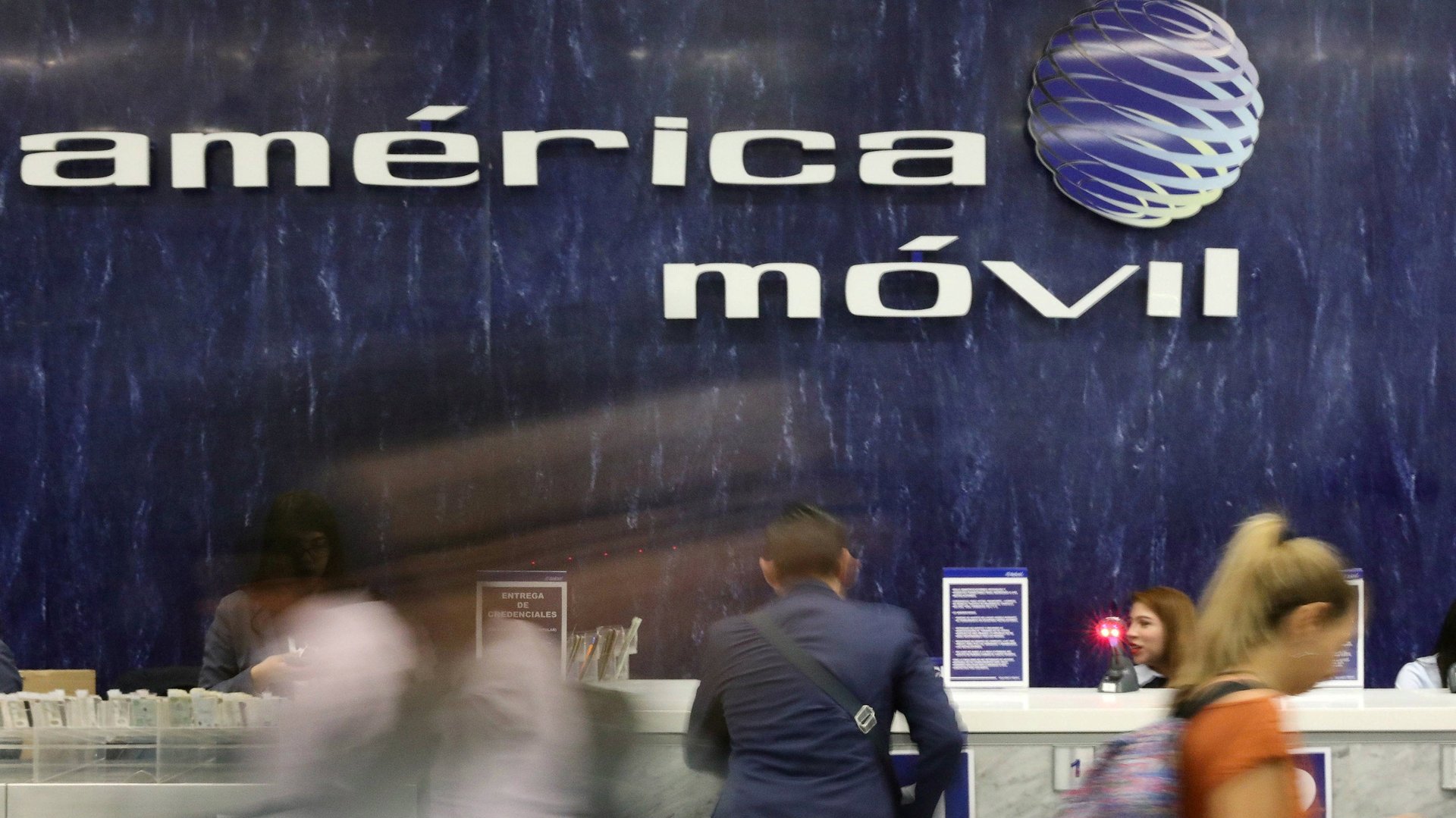Deglobalization in action? Foreign corporate revenues have fallen to their lowest level in five years
Companies are selling less abroad than they used to. On average, in 2016 corporate revenues generated overseas fell to 44% globally, the lowest level in five years, according to HSBC.


Companies are selling less abroad than they used to. On average, in 2016 corporate revenues generated overseas fell to 44% globally, the lowest level in five years, according to HSBC.
HSBC’s analysts crunched the numbers for the 29 largest country stock indexes to determine how much of listed companies’ revenue was generated outside of their home country. For the past few years, this proportion has been falling—except, that is, for Mexican and German companies, which recorded a jump in foreign revenues last year.
Last year, for the first time, Mexican companies made more than half their earnings abroad. Most of these sales are to the US, helped by a 17% drop in the peso against the US dollar during the year. However, with the Trump administration seeking to curb immigration and impose stricter trade protections, this may not last. What’s more, the peso has gained 16% against the dollar so far this year, so Mexican companies won’t get the same currency boost for foreign sales in 2017.
German companies now generate around three-quarters of their revenues abroad, relatively evenly split between the rest of Europe, the Americas, and Asia. European companies are generally more open than other regions, in part because of smaller domestic markets and fewer restrictions on cross-border trading. On average, 47% of European corporate revenue is generated abroad, compared with 30% for companies in the US and 32% for firms based in emerging markets.
Singapore’s steep decline in overseas revenue last year was mostly down to a change in the companies included in the country’s main stock index, HSBC said. And while Swiss companies also recorded a foreign-revenue decline, they still get more of their revenue from abroad than any other country in HSBC’s sample, at 83%.
Losses in the energy sector account for some of the fall in the UK’s foreign sales, but the analysts also note that British companies haven’t seen much benefit from the pound’s decline. In 2016, the pound lost 16% of its value against the dollar after voters chose to leave the European Union. HSBC concludes that the UK doesn’t have many “pure exporters,” or companies whose revenue is generated abroad but costs are incurred mostly at home. So, while almost 60% of UK revenues are generated overseas, almost 50% of companies’ assets are also outside the UK, so the weak pound hasn’t boosted exports as much as would normally be expected. This doesn’t bode particularly well for the UK’s future outside the EU.
This year, the trend towards deglobalization might reverse, or at least slow, as HSBC expects global trade to pick up, a view shared by the WTO. Still, consider these figures with caution. Despite compiling a 100-plus-page report, HSBC says it is incredibly difficult to calculate overseas revenue accurately based on how companies report their earnings. The source of fully 13% of global revenues last year had to be classified as “miscellaneous.”